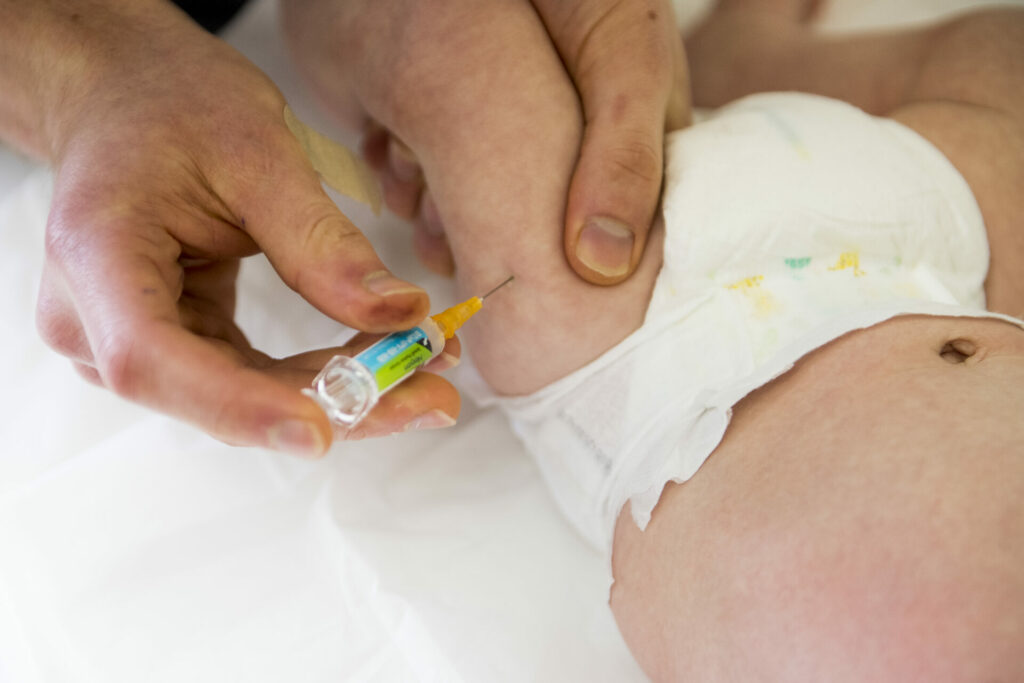Preventable diseases like measles, polio and cholera are spreading in countries with high numbers of children who missed their routine immunisations during the Covid-19 pandemic, UNICEF reported on Wednesday.
When the world shut down in 2020, many children were unable to receive their routine immunisations. Health services were disrupted and families were in lockdown, unable to travel. Health services were prioritised for the Covid-19 response.
Measles
Measles is one of the world's most deadly diseases and is highly contagious. It is spread in the air through coughing or sneezing, and its symptoms include blotchy red rashes, fever, inflamed eyes, runny nose and a cough.
UNICEF recorded that nearly 40 million children missed out on their measles vaccine, a record-high number. In the following year, there were dozens of outbreaks around the world, namely in Afghanistan, Ethiopia, Somalia, Yemen and Nigeria. There is no cure for measles, but treatment can help to relieve symptoms.
Related News
- Over 150 children die in measles outbreak in Zimbabwe
- Discovery of polio virus in London sewers also raises questions for Belgium
- Flemish Red Cross sends aid to Malawi after cyclone Freddy devastation
Polio
Polio is a highly infectious, disabling and life-threatening disease that attacks unimmunised children. It is spread from person to person through contact or from contaminated food or water, and infects a person's spinal cord causing paralysis.
There is no cure for polio, but treatments include portable ventilators and painkillers. While many advancements have been made to eradicate polio, the last couple of years have threatened those advancements. Children in countries including Chad, Yemen, the Democratic Republic of Congo, Nigeria, Malawi and Mozambique have been affected.
Cholera
If not treated right away, cholera is fatal. In fact, it can kill within hours of being untreated. It is spread through contaminated water.
"After years of decline, cholera cases and cholera-associated deaths jumped globally in 2022," UNICEF stated. Key symptoms of cholera include diarrhea, dehydration and in some cases seizures. Treatment for the disease includes rehydration, IV fluids and antibiotics.
In Haiti, a large outbreak has affected thousands of children. Other regions that have not experienced large-scale outbreaks of cholera in nearly a decade such as East Africa, the Middle East and South Asia have had breakouts as well.
What is the solution?
UNICEF says that the solution is to issue large-scale catch-up vaccination campaigns and advises countries to repurpose the money left over from the Covid-19 crisis and channel them towards routine immunisation activities beginning in countries that have the highest numbers of children who missed out on their vaccines.
"Governments should prioritise and commit to reaching missed children with catch-up campaigns, in order to restore their immunity, end preventable child deaths and avert more disease outbreaks," UNICEF said.

